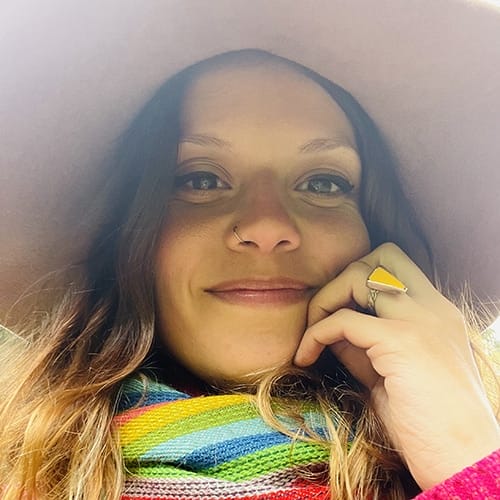Recognizing the Role of Indigenous People in our Planet
As we step into a new era, one marked by a growing awareness of the world around us, it is imperative that we acknowledge the invaluable role of indigenous people in our planet’s well-being.
For centuries, our society has been driven by a relentless pursuit of material wealth and personal gain. The insatiable appetite for riches has taken precedence over the harmony and stability of our planet, leading us down a perilous path of environmental degradation and imbalance. Throughout these tumultuous years, indigenous communities and tribes have been pushed to the brink of extinction, their cultures marginalized and their knowledge forgotten in the wake of colonization and the spread of capitalism.
In 1997, a glimmer of hope emerged with the establishment of the Indigenous Peoples Rights Act, aimed at recognizing, protecting, and promoting the rights of Indigenous Cultural Communities/Indigenous Peoples. This act created a National Commission on Indigenous Peoples, paving the way for mechanisms, appropriate funding, and the reclamation of their ancestral lands. The United Nations Declaration on the Rights of Indigenous Peoples further emphasized the urgency of respecting and promoting their inherent rights, including their political, economic, and social structures, as well as their spiritual traditions and connection to the land. Yet, despite these efforts, global governments and multinational corporations continue to exploit indigenous lands, particularly in places like the Amazon.
Indigenous peoples, who make up only 4% of the world’s population, play a pivotal role in safeguarding 80% of the world’s biodiversity. It is high time we recognize and appreciate the immense value and importance these communities hold for the survival of our planet.
So, how can we bridge the gap that has separated indigenous cultures from the Western world? We must revere the ancient knowledge they possess and the profound connection they maintain with the Earth.
As we seek to learn from them, it is our duty to treasure their wisdom as much as they do and treat their willingness to share it with us with the utmost respect. Gratitude is essential for the tireless efforts of indigenous communities. They are the guardians of the world’s biodiversity and, in turn, the frontline defenders against climate change and deforestation. Their fight is not separate from ours; it is a shared battle that we must acknowledge and actively support.
Lastly, there is a pressing need for respect—for the land, the knowledge, and the people. Our lack of respect for the land has fueled the overproduction of resources in these areas, contributing to ecological imbalance. It is high time we recognize that indigenous lands are not commodities to be exploited but sacred spaces to be preserved and protected.
To build a more sustainable and harmonious world, we must embrace indigenous cultures with reverence, gratitude, and respect. Their knowledge, connection to the Earth, and efforts in environmental preservation are invaluable gifts that we must cherish and support. It’s time to bridge the gap and stand together for the well-being of our planet and all its inhabitants.

